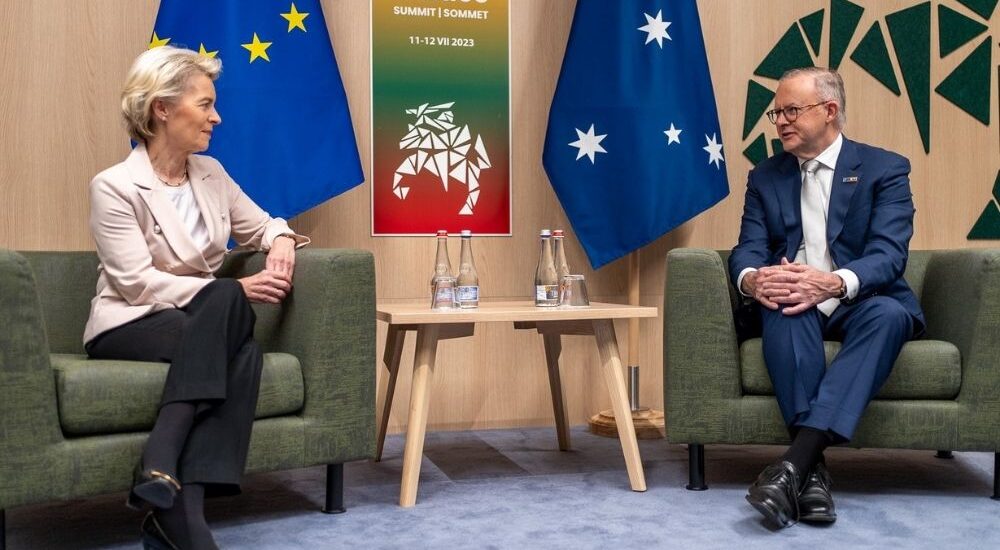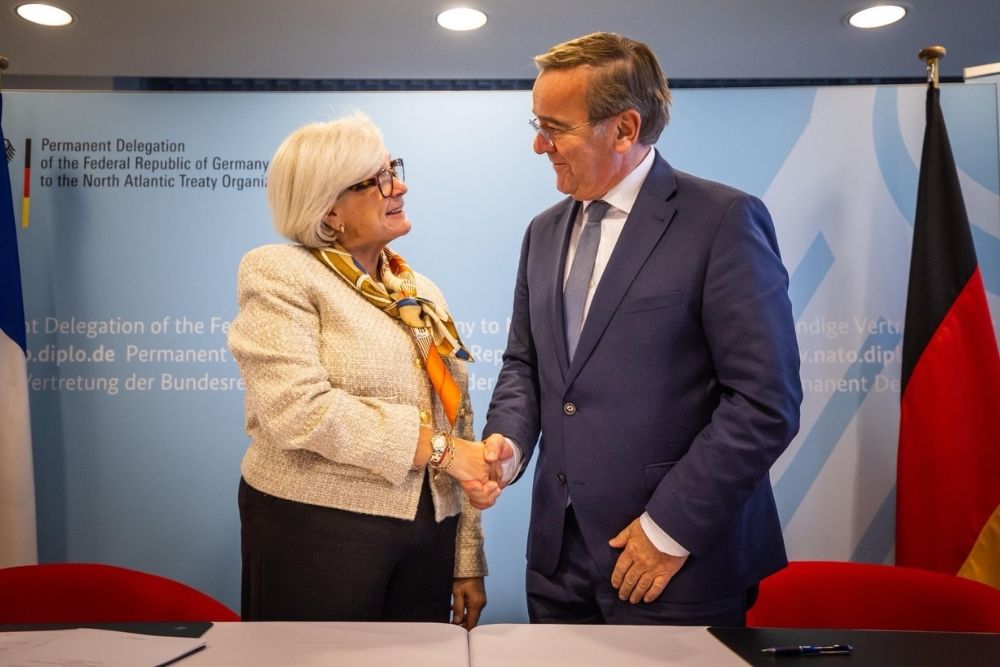Australia wants to use critical minerals as bargaining chip in EU free trade talks
- August 24, 2023
- Posted by: Quatro Strategies
- Categories: Asia Pacific, Business & Politics, Europe, Mining & Metals

Australia’s Trade Minister, Don Farrell, has suggested that easier access to the country’s critical minerals sector could be a bargaining chip in negotiations for a free trade agreement with the European Union (EU). Negotiations between Australia and the EU had stalled, partly due to issues surrounding market access for Australian agricultural products like beef.
Farrell mentioned that a free trade agreement could simplify European investment in Australia’s critical minerals sector by streamlining access through mandatory Foreign Investment Review Board (FIRB) screening processes. Australia is a major supplier of critical minerals such as lithium and rare earths, which are used in batteries for electric cars and other applications.
Germany, in particular, is interested in sourcing rare earths and lithium from Australia as part of its strategy to diversify trading partners and reduce dependence on China. Farrell emphasized that Australia welcomes foreign investment in its critical minerals sector, but potential investors should make realistic offers.
Australia’s clean energy sector is of interest to various countries, including Japan, South Korea, Singapore, and the United States. Farrell noted that Australia’s free trade agreement with the US makes it an attractive destination for critical minerals investment under the US Inflation Reduction Act.
Farrell expects to hold teleconference talks with EU Commissioner for Trade Valdis Dombrovskis in the coming week and has invited Dombrovskis to visit Australia. The focus of these talks will likely be on improving the offer within the free trade agreement negotiations.
Interested in learning more?
Sign up for Top Insights Today

Top Insights Today delivers the latest insights straight to your inbox.
You will get daily industry insights on
Oil & Gas, Rare Earths & Commodities, Mining & Metals, EVs & Battery Technology, ESG & Renewable Energy, AI & Semiconductors, Aerospace & Defense, Sanctions & Regulation, Business & Politics.


